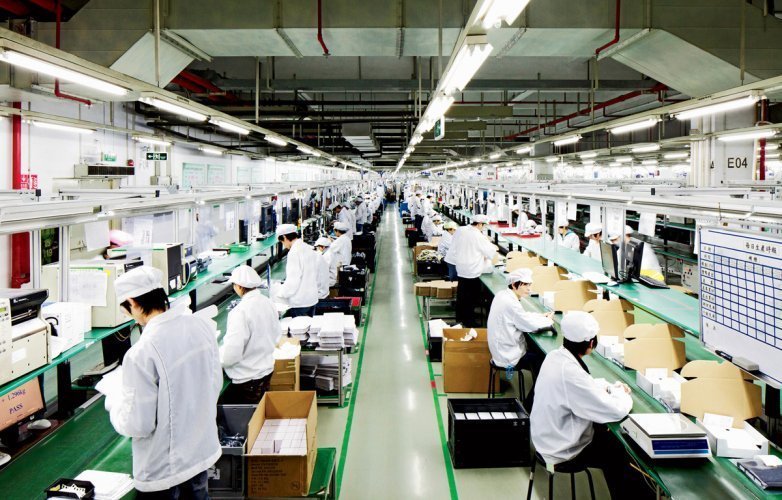An internal document obtained by The Information reveals that Apple has updated security guidelines for its manufacturing partner with tougher measures to prevent sensitive information from leaking to media and rivals.
In 2020, information on new features and design changes of the iPhone 12 were leaked, along with new Apple Watch bands, iPad Air, and more from various supply chain sources. Having said that, not all leaks come from workers. Recently, Apple has filed a lawsuit against a former executive for stealing and slipping company secrets to a media correspondent for publicity for his own start-up company.

Therefore, the company is being criticized for allowing biometric data collection of over 1 million workers. The report writes,
Apple says privacy is a “fundamental human right,” and shielding people’s privacy is the cornerstone of the company’s public relations fight against rivals such as Google and Facebook. But those privacy concerns don’t necessarily apply to the workers who make its products.
The exemption for Apple employees appears to contrast with the company’s stance that its human rights policy, which contains privacy provisions, extends to “business partners and people at every level of its supply chain.”
Apple’s new security guidelines for manufacturing partners prohibit facial scanning of employees but not workers
As per the report, here is the summary of the new guidelines:
- Apple’s manufacturing partners can no longer collect biometric data such as fingerprints or facial scans of Apple employees who visit their facilities. However, the new rule does not apply to factory workers, leading to accusations of a double standard.
- Apple’s manufacturing partners must conduct criminal background checks on all assembly line workers who work on unreleased Apple products, rather than only certain employees, and those with criminal records are to be denied entry to areas where unreleased Apple products are being developed or assembled.
- Apple is upgrading its computer system installed at some factories to determine how long parts should remain at one production station before moving to another. If a sensitive component in transit takes an unusually long time to arrive at its destination, security alarms are to be triggered.
- Factory guards at checkpoints must keep detailed logs of the movement of workers carrying sensitive parts from one area to another.
- Factory visitors are now required to present a government-issued ID.
- Factory security cameras are now required to capture all four sides of transport vehicles when they are parked at the facilities.
- Video recordings that show the destruction of prototypes and defective parts are now required to be retained for at least 180 days.
What are your thoughts on the new security measure? Let us know in the comments section below.
3 comments
Comments are closed.